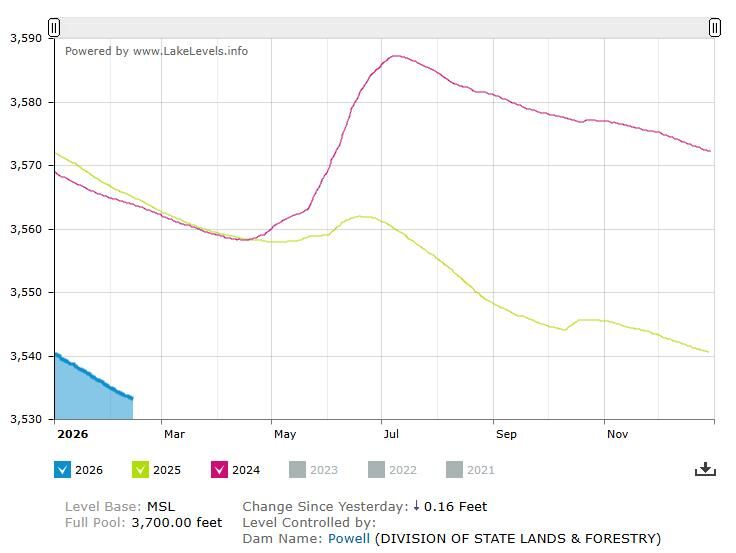Lawmakers breathe deep, cross fingers, take up thorny construction-litigation reform debate
State Republican lawmakers rolled out the first in a promised new package of construction litigation reform bills meant to jump start development and deliver relief for would-be buyers in Colorado’s historically tight housing market.
Senate Bill 156, a bill tagged with the short title “Homeowners’ Association Construction Defect Lawsuit Approval Timelines” – a mouthful that points to the thorny nature of the topic – is sponsored by Sen. Owen Hill, R-Colorado Springs, and House Assistant Minority Leader Cole Wist, R-Centennial. The bill would increase mediation and arbitration resolution on faulty construction disputes, bolster informed consent rules, where an association must provide unit owners information up front about the potential cost and duration of a suit and the ways legal action might tie up property sales, for example. The bill also would require condo associations to secure the written consent of the majority of unit owners before a claim could be filed.
None of that comes as a surprise. Similar bills have been introduced in years past. The intent is to push down the number of lawsuits filed for faulty construction – and to do it in a way that doesn’t significantly infringe on the rights of consumers. Lawmakers have tried and narrowly failed for years to strike the kind of balance between builder and consumer interests that would win support at the Capitol in the offices that mattered.
Wist characterized the bill is a jumping off point.
“In the past, we have tried very hard to sit in conference rooms and come up with the perfect bill, and that didn’t work,” he said. “So we’re bringing [this bill] out of the backrooms into the public committee rooms and onto the chamber floors to work on. We may not have the perfect bill, but we’re hoping the process will get it there.
“There will be bumps,” he added, “but we have to tackle this topic. It’s not pretty – you just don’t pull perfect legislation off the shelf.”
Wist is working on related bills with Reps. Alec Garnett, D-Denver, and Lori Saine, R-Firestone and Sens. Hill, Angela Williams, D-Denver, and Jack Tate, R-Centennial.
Instead of rolling out a comprehensive bill, the group has placed issues in “buckets,” as Wist put it, and will roll out bills on each for consideration.
“We hope that way we can bring a different kind of focus,” he said.
The new Senate bill is being promoted by affordable housing advocates, developers, contractors and business groups – many of whom signed onto a coalition called the Homeownership Opportunity Alliance.
The bill comes fast on the heels of a Business Journal report published last week that quoted House Speaker Crisanta Duran, D-Denver, saying that she was open to adjusting the laws governing the number of homeowners required to participate in construction defects lawsuits.
“I think we need to have a greater threshold for homeowners who decided to engage in litigation, and I think we need to educate consumers before they enter into litigation,” Duran said. “We want to do more to empower homeowners and empower consumers.”
Her comments were a signal to lawmakers and interest groups that the conversation at the Capitol was moving forward.
“To her great credit, the Speaker has really made it clear she wants to see reform, and she has stuck out her neck to get it done,” said Mike Kopp, a former state Senate minority leader who is acting as the Homeownership Opportunity Alliance spokesperson. “I think she sees how big an issue this is to almost every kind of entity – low income housing advocates, builders, trade and energy groups.
“You’ve got Republican and Democratic legislators supporting the idea, and you’ve got mayors across the state supporting it, including the mayor of Denver, where she lives.”
Denver Mayor Michael Hancock has pushed for state reform in the past. “It is time for the legislature to lead on this issue,” he was quoted to say in a coalition release issued Wednesday.
Kopp concedes that the bill is largely the same as those that have failed in the past, but he points out that the environment this year is different in ways that make passage much more likely.
He argued that there are a lot of new lawmakers serving at the Capitol and the legislation is popular with them. He added that outside pressure is mounting as never before and that, at last count, 19 Colorado communities frustrated with legislative gridlock on the issue have passed their own versions of the bill.
“Democratic leadership is saying things are different this year,” said Kopp. “We’ve been very happy with the congenial tone struck by the leaders on both sides.”
The bill is very likely to pass in the Senate, where Republicans run the show and where the bill has support on the Democratic side. The main hurdles will come in the House. Wist has his work cut out for him there.
Sources said Wednesday that the bill as it is presently written won’t pass in the House until it is amended to include a more carefully calibrated lawsuit-participant threshold that would stiffen protections for consumers.
But lawmakers seem motivated to make that kind of deal. Finding a solution to the state’s slowdown in construction is a top priority for legislative leaders on the left and right.
Senate President Kevin Grantham, R-Canon City, and Speaker Duran co-sponsored a first-round construction litigation reform bill introduced the first week of the session. Their Senate Bill 45 aims to spread liability and settlement fines among parties as a way to lower builder and contractor insurance costs.
Grantham has said Senate Republicans will introduce the additional construction litigation bills in the coming days.











